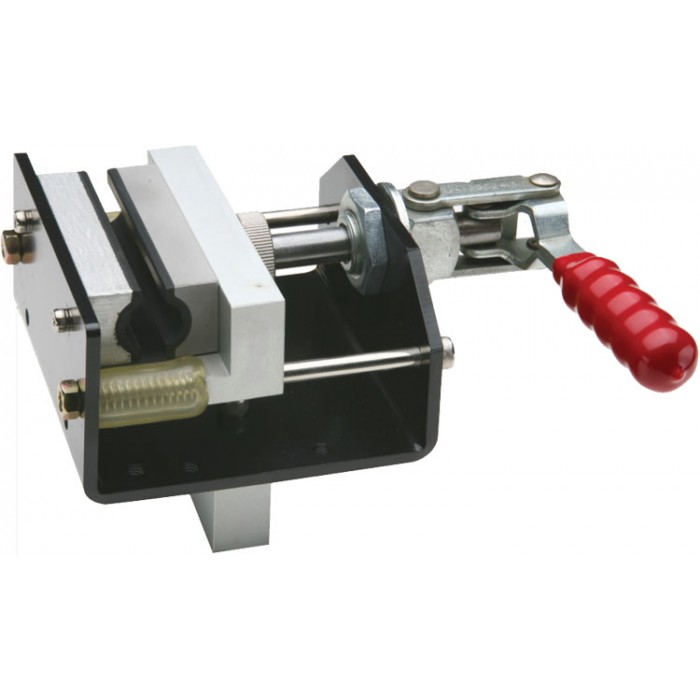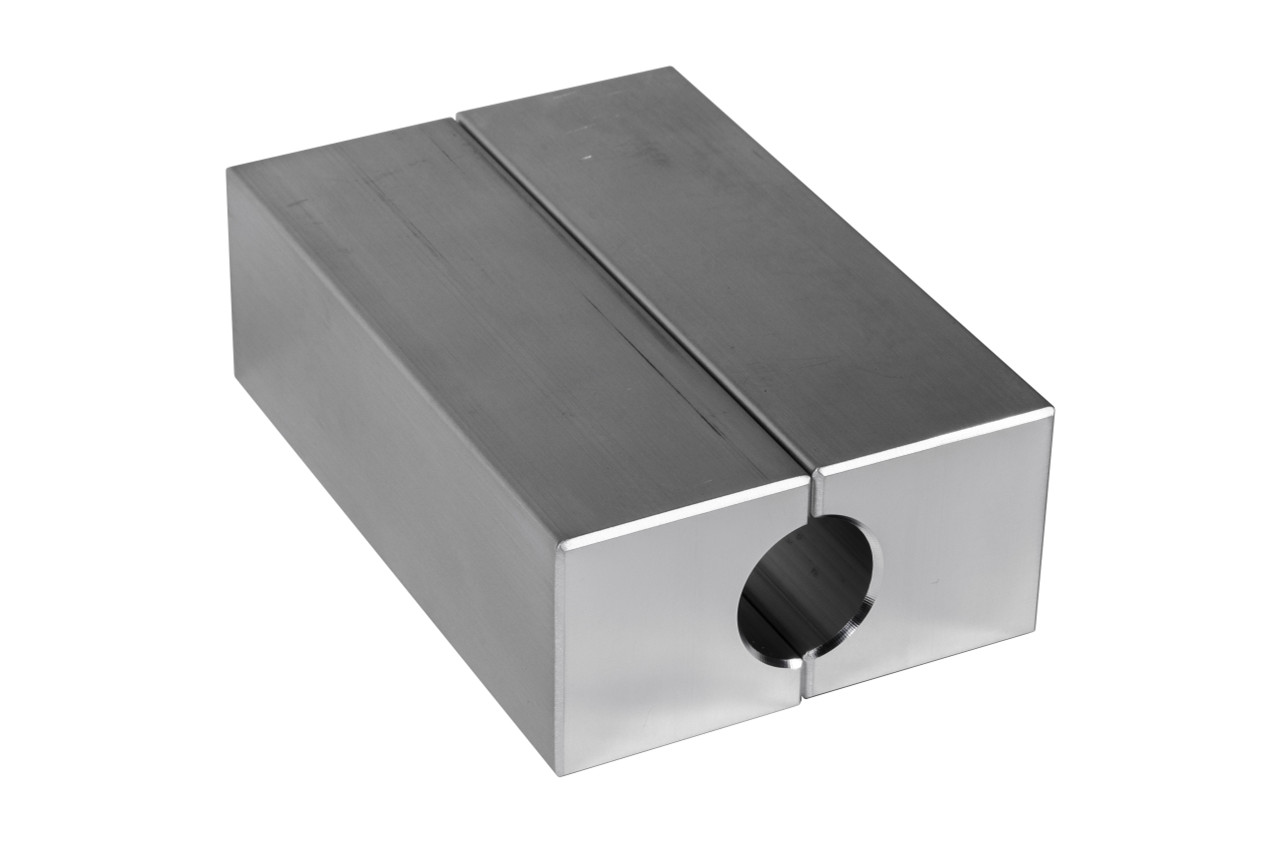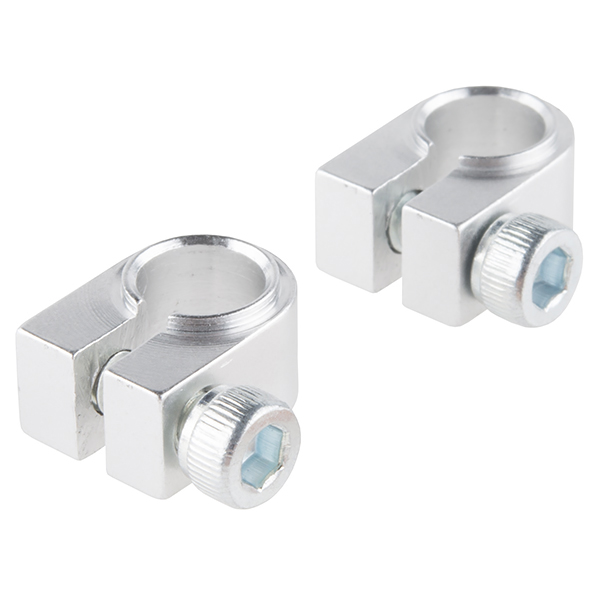Product Description
Product Description:
Customnized split shaft collar:
(1).Material: Aluminum/Stainless steel
(2).Surface Finished: Anodize &Sandblasting/ Polish
(3).Process: CNC Milling and Turning
(4).Tolerance: ±0.02mm
Parts Information
| Product Name | Zinc Coated Steel Aluminum Double Split Shaft Clamping Collar with CNC Machining work |
| Applicable Material | Alunimum/stainless steel/titanium/brass/copper/POM/Telfon/PEEK etc. |
| Surface finish | Machine finish/anodized/ beadblasting/Plating/Polish/brush/heat treatment/Brushed/Zinc plating/Nickel Plating/PVD etc |
| Payment Terms | 50% deposit before production and 50% balance before arranging to ship |
| High Tolerance | ± 0.02mm or accoriding to your requirment |
| Quality control | Checking is during production process, after surface and before packing |
| Lead time | 10-15 days for sample,15-25 days for bulk order depends on your design |
| Package | Standard package/ Pallet or container/ as per customized specifications |
| Shipment | Express & air freight is preferred / sea freight/ as per customized specifications |
Our Business:
| 1.CNC Turning Part | 2.CNC Milling Parts |
| 3.Camera head ball/Filter Ring/Stripod | 4.Metal Pen body |
| 5.Aluminum Extrusion Mold | 6.Punch/Stamping/Welding/Forging/Bending |
| 7.Medical Aluminum parts | 8. Injection molding |
| 9.Decorate Car part | 10. Aluminum housing |
| 11.Stainless steel/Aluminum shaft | 12.LED Aluminum parts |
| 13. Hard/Normal anodizing | 14.Laser engraving |
Company Information:
CZPT was found in 2003, with a total investment of $1.5 million, over 4,500 square meters, equipped with the most advanced high precision 5Axis Precision Automatic Lather machine (8 sets), CNC Milling machine (23sets), CNC Turning machine (26sets),CNC machining center, automatic lathe and various kinds of secondary processing equipment more than 80 sets.
1. Work Shop:
2. Products We made:
We can custom the parts for you according to your drawing or samples
3. Quality Control
4. Package
5. Clients and comments
What can we do for you?
1. Professional, Competitive price and Fast delivery time
We engaged in this area for almost 11yeas, experience engineer can help you process the project well and perfect, also we own our factory that we can control the cost and delivery time very well. We can try best to meet your request.
2. Protect our customer profit well
Even we have very strictly quality control system, but we still can`t promise every part you received will 100% perfect, so if there is any defective parts you received, you just need to offer us the evidence(such as picture),we will check and confirm it. After that, we will repair or redo them.
Because of our strictly quality control system, we have confidence to promise our customer with this. Please kindly noted that it`s our advantage compared with others, we realize that only the high quality and good service can we keep friendly and long-term business relationship with our customer and it`s also the only way for an enterprise to be existed…
FAQ:
| 1. Can you sent the product drawing to me? Pictures on website was just for reference, More correct information and some special requirements, Please kindly contact us. |
| 2. Can you make OEM order? Yes, OEM/ODM orders are welcome. You are warmly welcome to send the your designs to us, We will offer you reasonable prices with high quality Please provide us the drawings or please tell us the detailed information what you need, we can copy the parts according to your information. |
| 3. What kind of files do you accept? PDF, DXF, ISG, STEP, X-T, High Resolution IPJ. |
| 4. How long can I expect to get the sample? Samples will be ready for delivery in 5-15 days after we confirmed the shop drawings, The samples will be sent to you via express and arrive in 3-5 days. |
| 5. What about the lead time for mass production? Honestly, normally it is 15-30 days, and it depends on the order quantity and the season you place the order. Generally speaking, (if you project is urgent, we can help you short it), we suggest that you start inquiry 1 months before the date you would like to get the products at your country. |
| 6. What are your terms of delivery? We accept EXW, FOB, CNF, etc. You can choose the most convenient one. Regarding to the shipping cost, if you have your own express account that will be welcome. |
/* January 22, 2571 19:08:37 */!function(){function s(e,r){var a,o={};try{e&&e.split(“,”).forEach(function(e,t){e&&(a=e.match(/(.*?):(.*)$/))&&1
| Application: | Fastener, Hardware Tool, Machinery Accessory |
|---|---|
| Standard: | GB, EN, API650, ASME |
| Surface Treatment: | Anodizing |
| Production Type: | Mass Production |
| Machining Method: | CNC Turning |
| Material: | Nylon, Steel, Plastic, Brass, Alloy, Copper, Aluminum, Iron, Titanium |
| Samples: |
US$ 58/Piece
1 Piece(Min.Order) | |
|---|
| Customization: |
Available
| Customized Request |
|---|

What are the best practices for maintaining aluminum collars in corrosive environments?
Maintaining aluminum collars in corrosive environments is crucial to ensure their longevity and optimal performance. Here are the best practices for proper maintenance:
- 1. Regular Inspection: Conduct routine inspections to identify any signs of corrosion or wear on the aluminum collars. Look for discoloration, pitting, or surface damage.
- 2. Material Selection: Ensure that the aluminum alloy used for the collars is corrosion-resistant. Select alloys with better resistance to corrosive agents, such as 6061 or 7075 aluminum, which offer good corrosion resistance properties.
- 3. Corrosion-Resistant Coatings: Consider using collars with specialized coatings or finishes that provide an additional layer of protection against corrosion. These coatings can include anodizing, which can improve resistance to environmental factors.
- 4. Proper Installation: Ensure that the collars are installed correctly and securely. Proper installation prevents gaps or openings that could allow corrosive agents to penetrate and damage the collar or the shaft.
- 5. Lubrication: Apply a compatible lubricant to the collar’s contact surface with the shaft. Lubrication reduces friction and can help protect against corrosion. Ensure that the lubricant is suitable for the specific environmental conditions.
- 6. Corrosion-Resistant Fasteners: If set screws or fasteners are used in collar installation, opt for corrosion-resistant materials such as stainless steel. This prevents galvanic corrosion between dissimilar metals.
- 7. Sealant and Gaskets: In highly corrosive environments, consider using sealants or gaskets to create a barrier between the collar and the corrosive elements. These components can help maintain the integrity of the collar’s seal.
- 8. Regular Cleaning: Clean the collars and surrounding components regularly to remove any accumulated contaminants. Use appropriate cleaning agents and methods that won’t harm the collar’s surface.
- 9. Environmental Monitoring: Continuously monitor the environmental conditions in which the collars operate. Make adjustments or modifications to the maintenance routine based on changes in the environment’s corrosive factors.
- 10. Replacement Schedule: Establish a replacement schedule for collars operating in particularly harsh or corrosive conditions. Regularly replace collars to prevent unexpected failures or deterioration in performance.
- 11. Consult with Experts: Seek advice from corrosion or materials experts when dealing with highly corrosive environments. They can provide guidance on the best practices and materials for your specific situation.
Proper maintenance of aluminum collars in corrosive environments extends their lifespan and ensures the continued reliability of your machinery and equipment. By following these best practices, you can mitigate the effects of corrosion and reduce the risk of premature collar failure.

Can you provide recommendations for cost-effective aluminum collars catering to different budget constraints?
Selecting cost-effective aluminum collars is essential, and the choice should align with your specific budget constraints. Here are recommendations for cost-effective options catering to different budget levels:
- 1. Standard Aluminum Collars: Standard aluminum collars are the most budget-friendly option. They come in a range of sizes and styles and are suitable for various applications, especially when cost savings are a priority.
- 2. Single Split Collars: Single split collars are economical and easy to install. They provide a secure grip without adding extra cost. These collars are ideal for applications where budget constraints are a concern.
- 3. Bulk Purchase: Consider purchasing aluminum collars in bulk. Many suppliers offer discounts for larger quantities, which can significantly reduce the per-unit cost. Buying in bulk is a cost-effective strategy for long-term or high-quantity projects.
- 4. Shop Local: Check with local industrial suppliers and manufacturers. They may offer competitive pricing, and you can potentially save on shipping costs. Local suppliers may also have special deals or discounts for businesses in the area.
- 5. Online Price Comparison: Use online industrial supply platforms to compare prices from different suppliers. This allows you to find the most cost-effective option for your specific requirements while taking advantage of competitive pricing.
- 6. Consider Material Thickness: Evaluate the material thickness of the collar. Thicker collars provide added strength but can be more expensive. If your application doesn’t require the extra thickness, opt for thinner collars to save on material costs.
- 7. Evaluate Collar Type: Choose the collar type that suits your application without unnecessary features. For example, if you don’t need a high clamping force, opt for set screw collars over more complex clamping collars to save on costs.
- 8. Customization: If you have specific design requirements, consider custom aluminum collars. While there may be an initial design cost, custom collars can be tailored to your exact specifications, potentially reducing material waste and costs in the long run.
- 9. Maintenance and Durability: Consider the long-term cost-effectiveness. Investing in slightly higher-quality collars that require less maintenance and replacement over time can be more cost-effective than constantly replacing lower-quality collars.
Ultimately, the choice of cost-effective aluminum collars depends on your budget constraints and the specific needs of your application. By considering these recommendations and exploring different purchasing options, you can find the most budget-friendly solution that aligns with your project requirements.

What factors should I consider when selecting an aluminum collar for a specific shaft size?
Selecting the right aluminum collar for a specific shaft size is crucial to ensure proper fit and functionality in your mechanical application. Here are the key factors to consider when making this selection:
- Shaft Diameter: The shaft diameter is the most critical factor. Measure the shaft’s outer diameter accurately to select a collar that matches this size. The collar’s inner diameter should fit snugly on the shaft without play.
- Collar Type: Choose the appropriate collar type based on your application. Set screw collars use a threaded screw to secure the collar to the shaft, while clamping collars use a split design with bolts for a secure fit. The choice depends on your specific requirements.
- Shaft Material: Consider the material of the shaft. If it’s made of a softer material like aluminum or plastic, you may need a collar with a gentler clamping mechanism to prevent damage. For steel shafts, a standard collar may suffice.
- Shaft Surface Finish: The surface finish of the shaft can affect the collar’s grip. If the shaft has a rough surface, you might require a collar with extra grip features, such as knurls or serrations.
- Collar Material: Choose the collar material that suits your application. Aluminum collars are lightweight and corrosion-resistant, making them suitable for many applications. However, consider the environment and specific requirements of your application, as other materials like steel or plastic may be more appropriate in some cases.
- Shaft Load and Torque: Evaluate the load and torque that the collar will need to support. This information will help you select a collar with the appropriate strength and clamping force for your application.
- Environmental Conditions: Consider the environmental factors the collar will be exposed to. For outdoor or marine applications, you may need a collar with added corrosion resistance. In high-temperature environments, choose a collar that can withstand the heat.
- Operating Speed: If your application involves high-speed rotation, choose a collar that can maintain a secure grip without slippage. Collars with additional features like balancing or pre-drilled holes for set screws can help in such cases.
- Budget and Cost: Consider your budget constraints. While you want a high-quality collar, be mindful of the costs associated with your selection. Aluminum collars are often cost-effective, but prices can vary based on size and features.
- Ease of Installation: Some collars are designed for easy installation and adjustment, while others may require more complex assembly. Choose a collar that aligns with your installation requirements and skills.
By carefully considering these factors, you can select the right aluminum collar that ensures a secure and reliable connection to your specific shaft size, optimizing the performance of your mechanical application.


editor by CX 2024-04-09